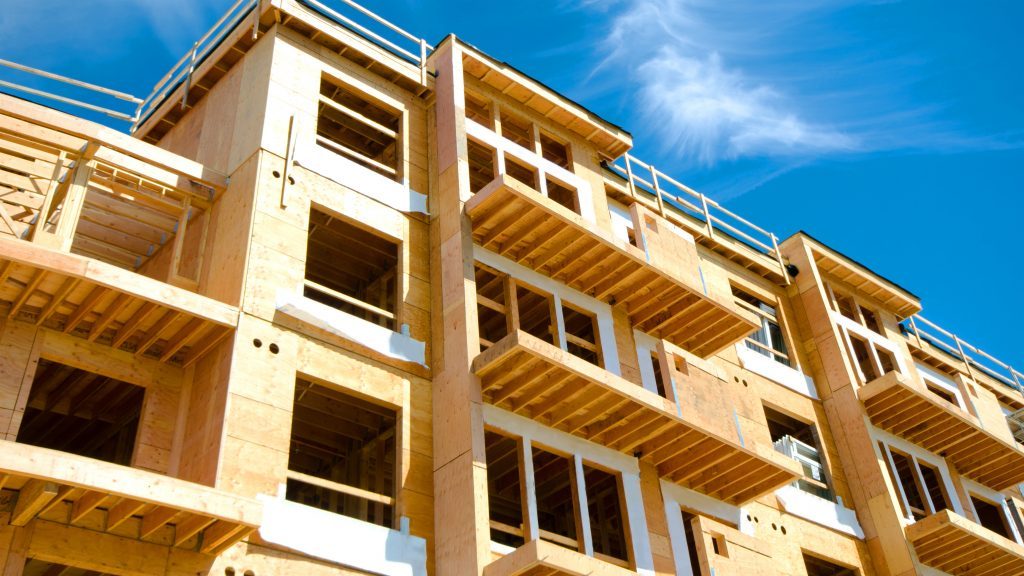VICTORIA – The Province of British Columbia is introducing legislation for the delivery of more small-scale multi-unit housing including townhomes, triplexes and laneway homes.
The legislation is also intended to “fix outdated zoning rules to help build more homes faster,” a release stated.
“Constructing mostly highrise condo towers or single-family homes means B.C. isn’t building enough small-scale multi-unit homes that fit into existing neighbourhoods and give people more housing options that are within reach. That’s why we’re taking action to fix zoning problems and deliver more homes for people, faster,” B.C. premier David Eby said in a statement.
Zoning rules in many B.C. communities have led to construction of primarily condominiums or single-family homes and the release said “zoning barriers and layers of regulations have also slowed down the delivery of housing, making people go through long, complicated processes to build much-needed housing in communities.”
The proposed legislation and forthcoming regulations will permit one secondary suite or one laneway home (accessory dwelling unit) in all communities throughout B.C.
In most areas within municipalities of more than 5,000 people, these changes will also require bylaws to allow for three to four units permitted on lots currently zoned for single-family or duplex use, depending on lot size, and six units permitted on larger lots currently zoned for single-family or duplex use and close to transit stops with frequent service.
The legislation is also intended to speed up local housing development approvals by shifting planning and zoning processes to happen up front, and will require B.C. municipalities to expedite and streamline permitting by updating community plans and zoning bylaws on a regular basis.
Municipalities covered by the legislation may permit additional density if desired but cannot have bylaws that allow for fewer permitted units than the provincial legislation.
To support implementation, the province will continue to provide local governments with resources to speed up approval processes, including the recently announced $51 million to support local governments in meeting the new density zoning requirements, and $10 million for the Local Government Development Approvals Program, the release stated.











Recent Comments
comments for this post are closed